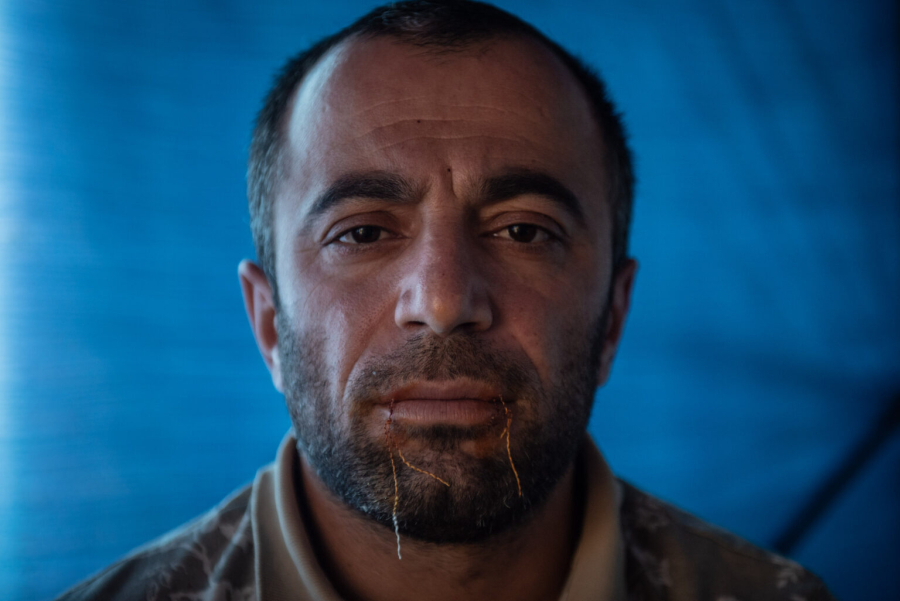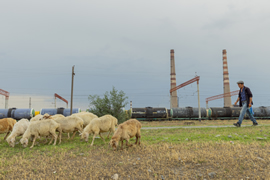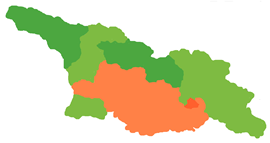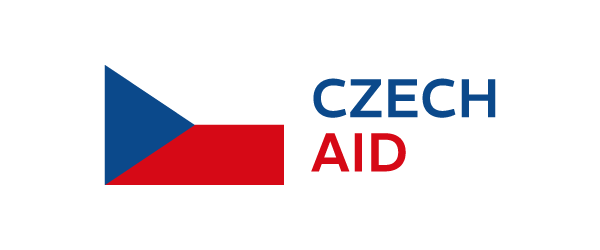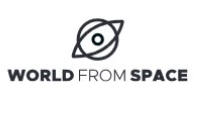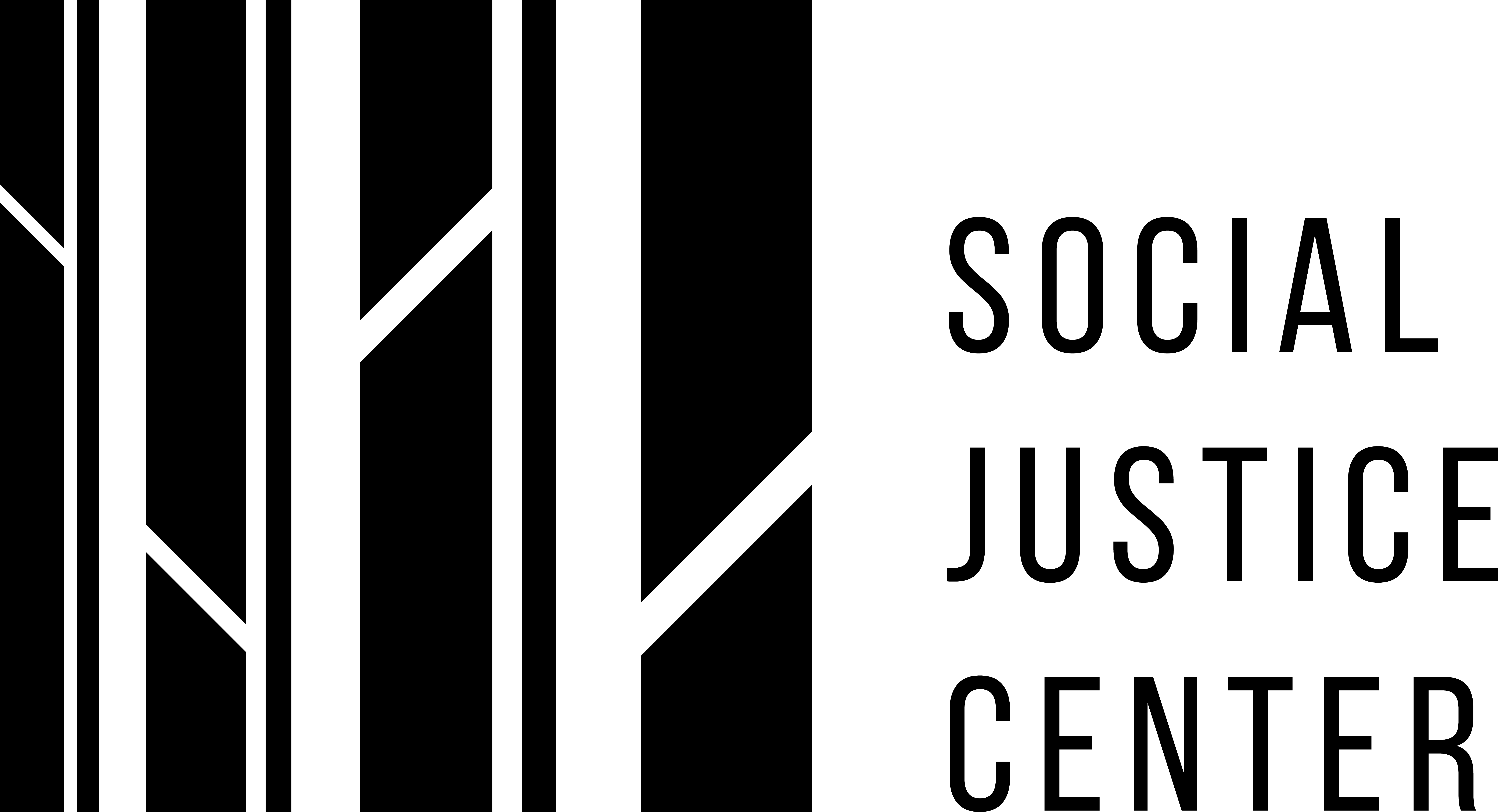In early July, the Georgian State Anti-Corruption Bureau launched investigations into seven major NGOs: the Civil Society Foundation, Economic Policy Research Centre, International Society for Fair Elections and Democracy, Media Development Foundation, Social Justice Centre, Sapari, and Transparency International Georgia. These organizations were given just three days to provide authorities with comprehensive details of their activities over the past year, including attendance lists for all events and ID numbers of all participants.
On August 27, 2025, the Georgian Prosecutor's Office froze the bank accounts of seven NGOs, some of which overlap with those under investigation. This represents a dangerous escalation in the government's systematic dismantling of civil society. The organizations were accused of subversion without evidence and found themselves without funding overnight. Both the European Union and the Czech Foreign Ministry have criticized the Georgian authorities' actions. The situation may deteriorate further in connection with upcoming autumn local elections.
Arnika therefore urges Czech and European media to intensify their coverage of the situation in Georgia. Democratic space and civil society freedoms face serious threats. It is crucial to inform the public about the specific impact of these repressive laws on ordinary Georgians and on the future of a country that, just months ago, aspired to EU membership.
What happened in Georgia?
New restrictive legislation was passed in Georgia during spring 2025. The grants law approved in March, along with the Foreign Agents Law approved in May, prevents NGOs from accepting foreign funding and introduces severe financial and criminal sanctions against both organizations and their legal representatives. Many organizations have suspended or shut down operations, most fear accepting funding, and some are seeking new ways to operate.
The regulations apply to all organizations whose budgets consist of more than 20% foreign funding. Some NGOs refuse to register, arguing that they work for the benefit of Georgian society, not foreign actors. Before these restrictions, an estimated 90% of NGO budgets came from EU countries and the United States. Large portions of projects and campaigns now face collapse.
Violations of the new laws carry draconian penalties. Specifically, organizations that fail to register as "Foreign Agents" or fail to provide required information to authorities may face repeated fines of up to 10,000 Georgian lari per month (approximately 78,000 Czech crowns), while their representatives may face up to five years in prison. Additionally, failure to submit mandatory financial statements or violation of "Foreign Agent" designation requirements may result in other fines and penalties that apply not only to organizations but also to their legal representatives.
Authorities have the right to request virtually any information about the activities of organizations registered as "Foreign Agents," including personal data about their legal representatives and information about event participants and clients.
Why does Arnika care?
This development directly threatens Arnika's work and the projects of its local partners. For example, Arnika has established a network of more than 100 citizen-operated air pollution monitoring stations in Georgia called AirGE. This project, supported by the Czech Ministry of Foreign Affairs' Transformation Cooperation Program, provides citizens in eleven Georgian cities with data about air quality, fulfilling their right to information and a healthy environment. This precise, successful, and transparent civic initiative, which shares valuable Czech expertise, is now stigmatized and existentially threatened by the new legislation.
"Based on our many years of experience in the country, we can confirm that pressure on civic initiatives and independent media is unprecedented and threatens the results of years of work and international cooperation," says Arnika media spokesperson Luboš Pavlovič.
Since the Foreign Agents Law also applies to organized events, it has become difficult to organize seminars, public lectures, or discussions involving foreign experts in Georgia. People participating in such events could face fines and other persecution. The situation is particularly acute in regions with fewer civic initiatives, where people know each other well and NGO activities are easier to monitor. Environmental civic initiatives are often targeted because they obstruct private economic interests.
"The culture of repression and violence is well illustrated by the situation in the mining region of Chiatura. More than 150 families recently lost their homes due to illegal manganese mining directly beneath their villages. Although the mining is conducted by a company connected to government politicians, families whose houses collapsed have not received fair compensation. Desperate residents are resorting to extreme forms of protest, including prolonged hunger strikes with sewn-shut mouths and blocking mine access. Instead of seeking solutions, the government has accused villagers of disturbing public order and imprisoned their leaders," explains Pavlovič.
There have been repeated attempts to intimidate environmental defenders in the city of Poti, where residents are concerned about a cargo port and large-scale transshipment facilities for containers and bulk materials such as manganese concentrate and sulfur. In June, politicians began threatening those involved in the campaign against the Namakhvani hydroelectric power plant with economic damages for halting construction. The project would threaten rare habitats and the unique environment in the Rioni River basin. Environmental protection is becoming an increasingly political issue, with environmental campaigns subject to punishment and repression.
For more information, please contact Arnika spokesperson Luboš Pavlovič at This email address is being protected from spambots. You need JavaScript enabled to view it. or +420 606 727 942


